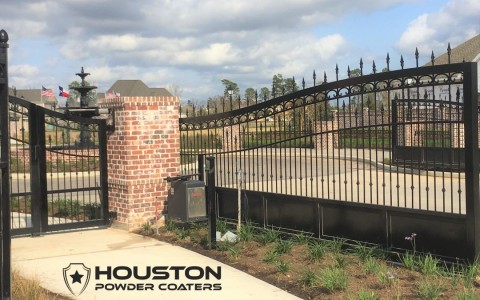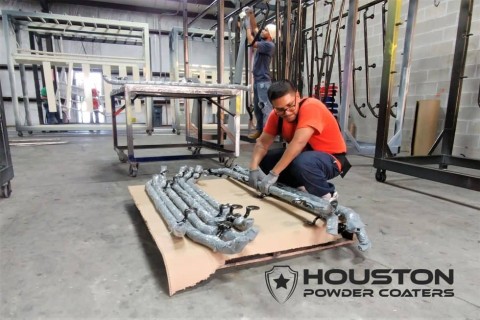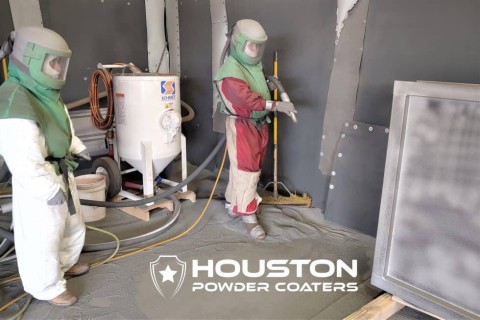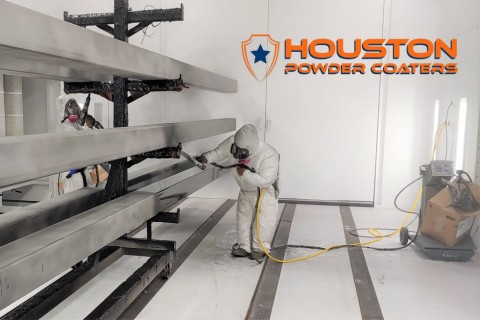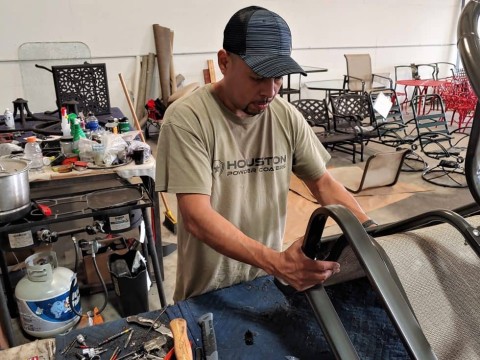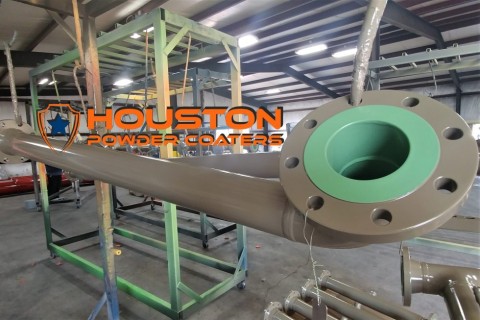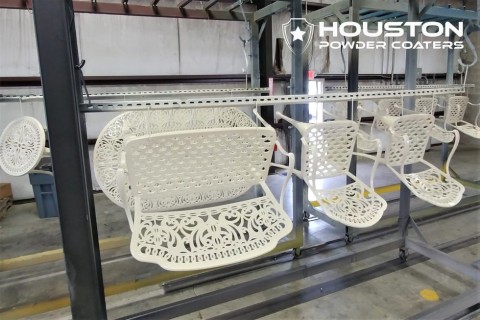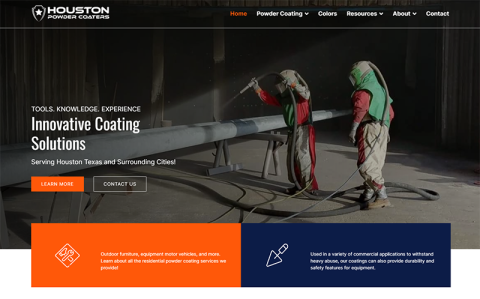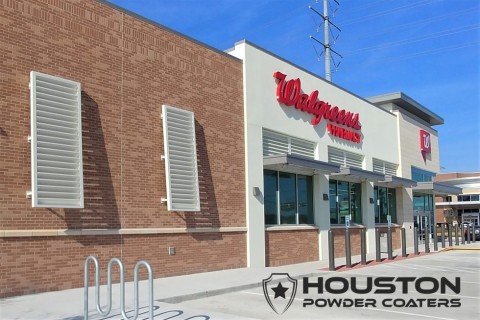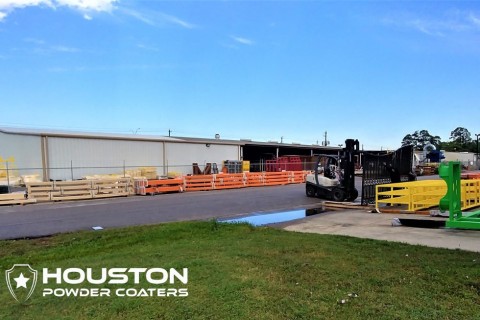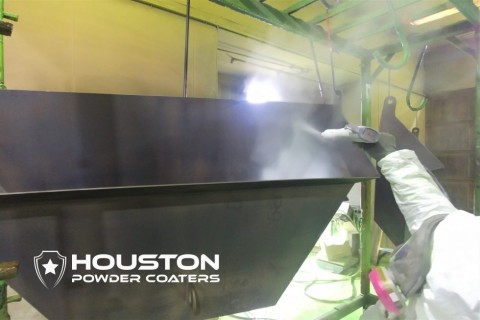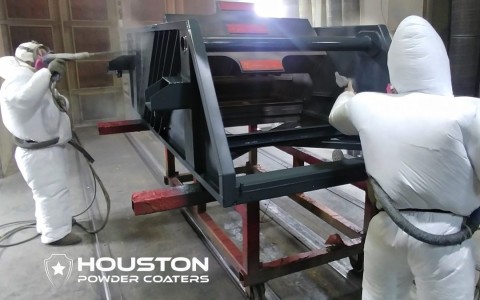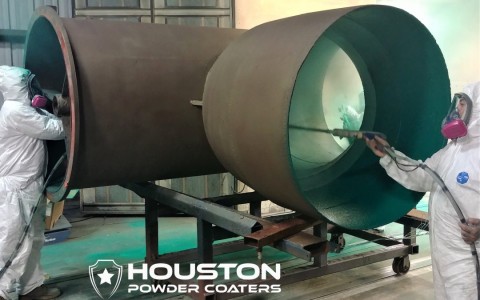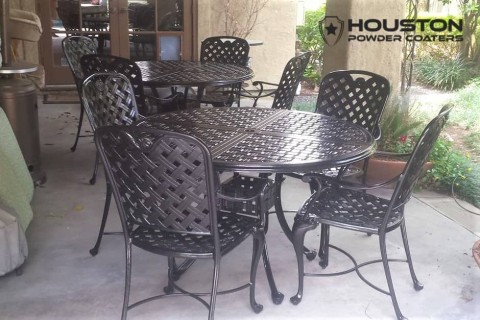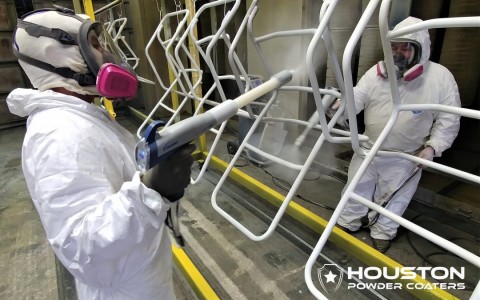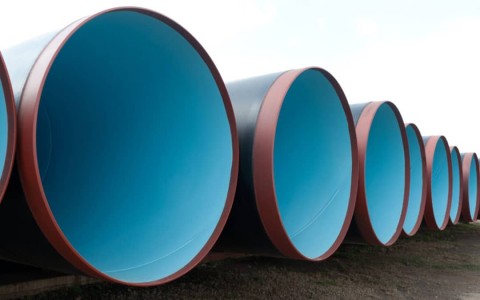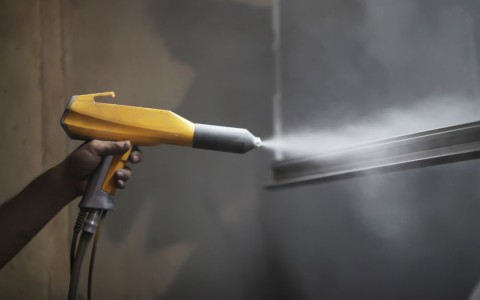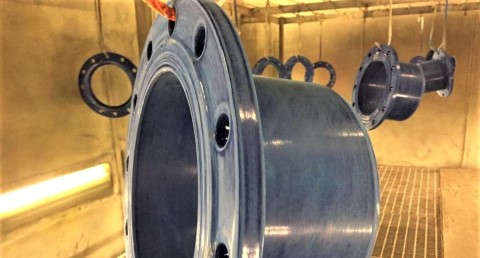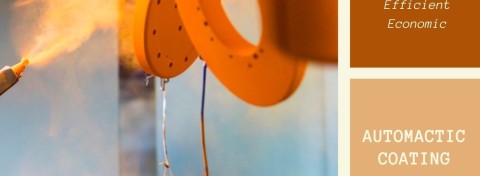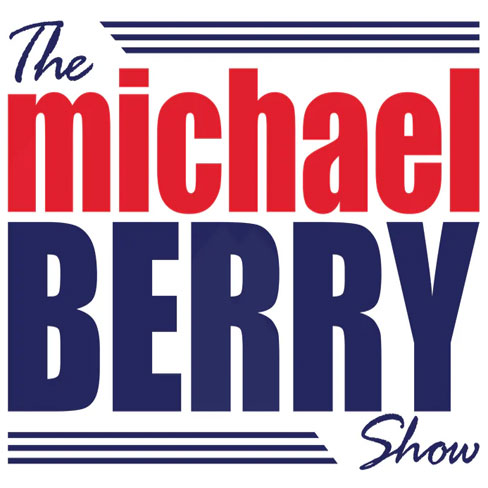Bare metal components on the exterior of a home are going to rust – there are no two ways about it. Exposure to oxygen, humidity, and rain will begin the corrosion process, which will only get worse as time wears on. Sunlight (and its harsh UV rays) also breaks down traditional coatings and allows fluctuating seasonal temperatures to weaken joints and attack critical areas. These environmental elements seem to be constantly conspiring to ruin metal structures on the exterior of a home. Thus, protective coatings are a must for your outdoor gates, fence panels, and banisters. Protective (functional) coatings will also reduce maintenance costs over time and increase the value of your home.
The most basic type of coating—the simple paint job—provides some protection but leaves a lot to be desired. Average consumer-grade paint, when applied by a non-professional, is susceptible to uneven finishes, chipping, and cracking that can quickly jumpstart the corrosion process. Furthermore, a couple coats of paint will not build up enough “mils” to protect these pieces over time. Even a commercial grade paint will lose its gloss level over a year or two due to its lack of clearcoat resins.
Powder coating gates, fence panels, and banisters has increased in popularity over the years due to its higher level of protection and elegant look. Compared to traditional wet paint applications, the benefits of powder coating gates, fence panels, and banisters are exponentially greater.


